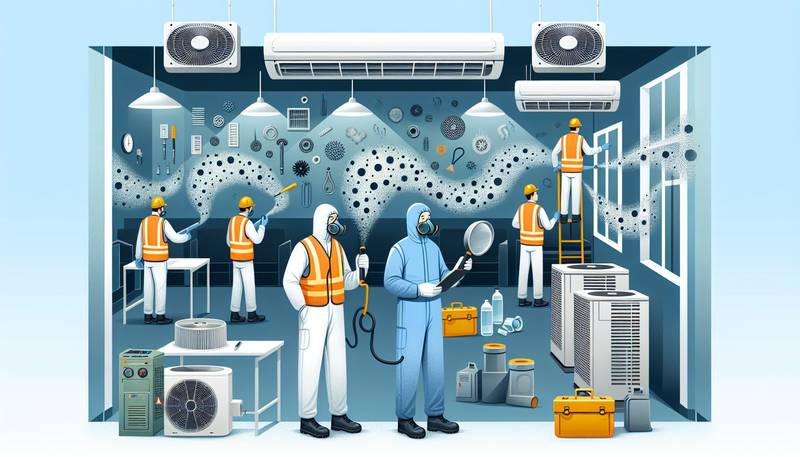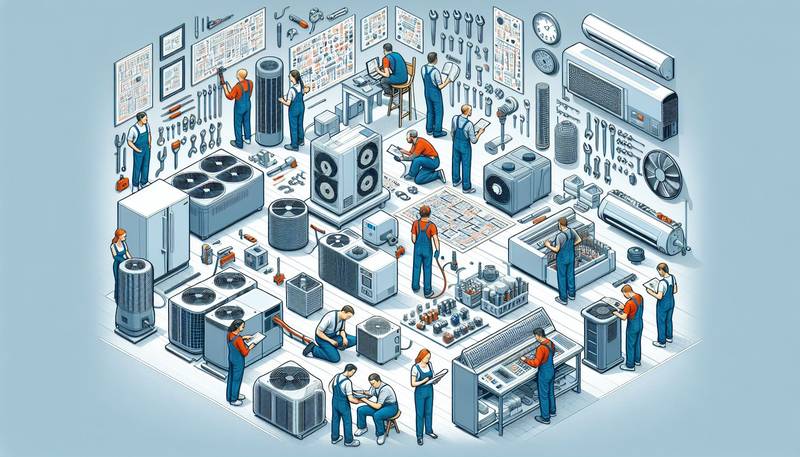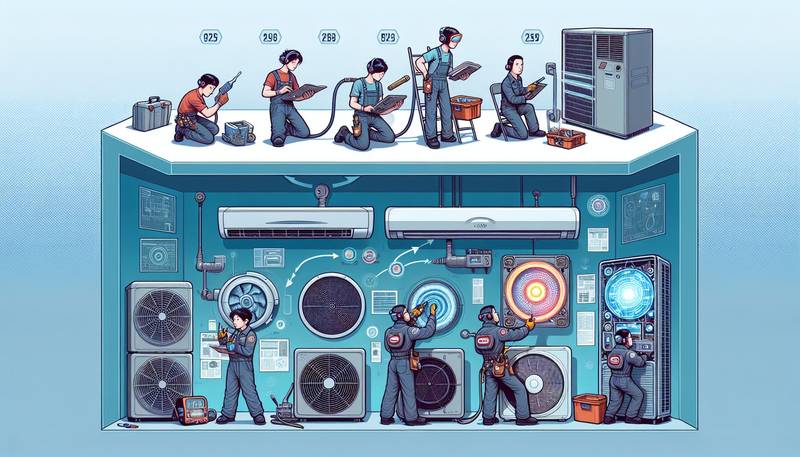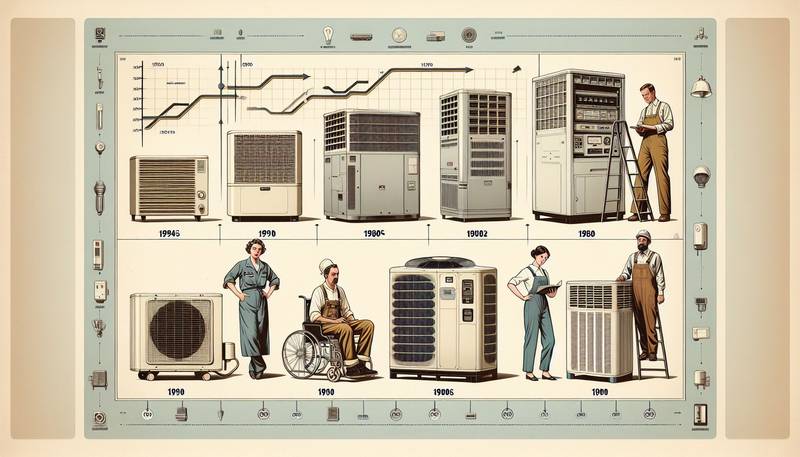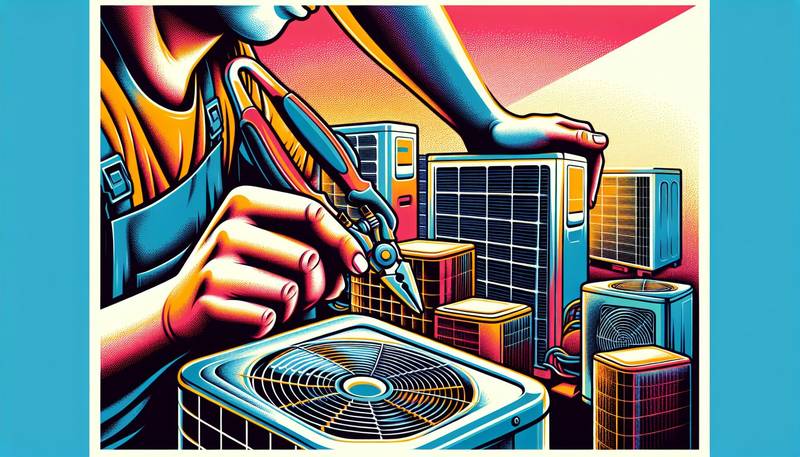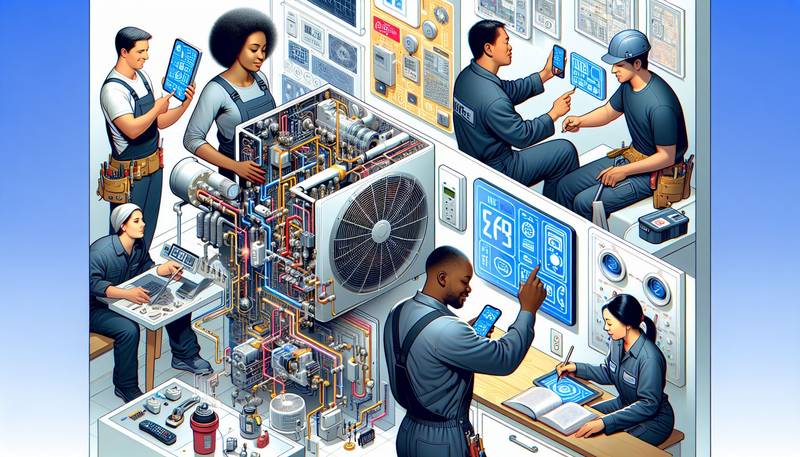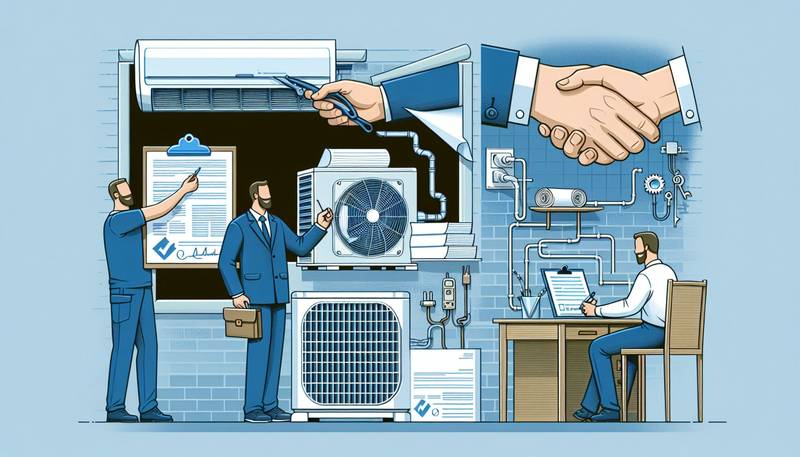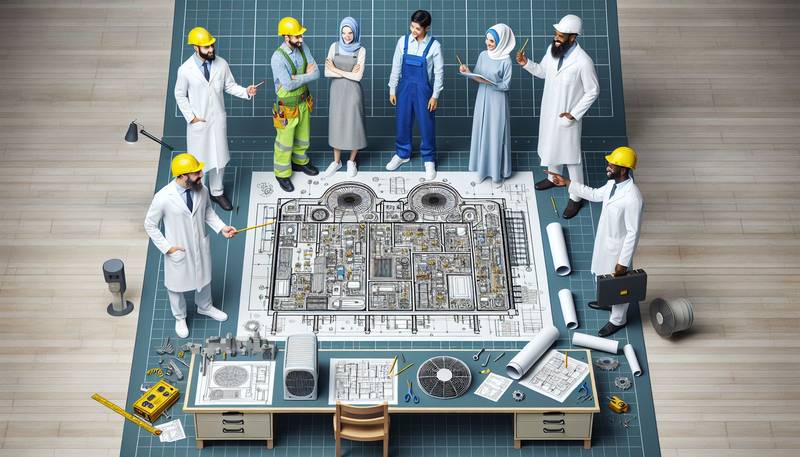Indoor Air Quality Experts: A Specialized Branch of Air Conditioning Jobs
These experts are trained to assess and improve the quality of air within a building, addressing issues such as pollutants, allergens, and humidity levels. In this article, we will explore the role of indoor air quality experts and the importance of their work in promoting healthier indoor environments.
The Role of Indoor Air Quality Experts
Indoor air quality experts are skilled professionals who are trained to identify and address a wide range of indoor air quality issues. They conduct thorough assessments of a building's ventilation system, air filters, and other components to determine the presence of pollutants and allergens. These experts also test for humidity levels and other factors that can impact indoor air quality. Based on their findings, they recommend solutions to improve air quality and create a healthier indoor environment for occupants.
Importance of Indoor Air Quality
Indoor air quality is a crucial factor that can have a significant impact on the health and well-being of building occupants. Poor indoor air quality can lead to a variety of health issues, including respiratory problems, allergies, and asthma. In addition, exposure to pollutants such as mold, dust, and chemicals can exacerbate existing health conditions and contribute to long-term health problems. By addressing indoor air quality issues, experts can help to create a safer and healthier environment for everyone who spends time in the building.
Common Indoor Air Quality Issues
There are several common indoor air quality issues that indoor air quality experts are trained to address. These include:
- Poor ventilation: Inadequate ventilation can lead to a buildup of pollutants and allergens in the air, compromising indoor air quality.
- Mold and mildew: Moisture can create ideal conditions for mold and mildew growth, which can release spores into the air and cause respiratory problems.
- Dust and allergens: Dust mites, pet dander, and other allergens can accumulate in indoor spaces, triggering allergic reactions in sensitive individuals.
- Chemical pollutants: Volatile organic compounds (VOCs) from building materials, cleaning products, and other sources can pollute the air and pose health risks.
Solutions for Improving Indoor Air Quality
Indoor air quality experts employ a variety of strategies to improve indoor air quality and create a healthier environment. These solutions may include:
- Air filtration: Installing high-quality air filters can help to remove pollutants and allergens from the air, improving indoor air quality.
- Ventilation improvements: Experts may recommend upgrades to the building's ventilation system to ensure adequate airflow and reduce the buildup of pollutants.
- Humidity control: Maintaining optimal humidity levels can help to prevent mold growth and reduce the presence of allergens in the air.
- Source control: Experts may advise on reducing or eliminating sources of pollutants, such as using green cleaning products and minimizing the use of chemicals.
Conclusion
In conclusion, indoor air quality experts play a crucial role in promoting healthier indoor environments and ensuring the well-being of building occupants. By identifying and addressing indoor air quality issues, these professionals help to create spaces that are safe, comfortable, and free from pollutants. As awareness of the importance of indoor air quality continues to grow, the demand for indoor air quality experts is likely to increase. Their specialized skills and expertise are invaluable in improving indoor air quality and contributing to the overall health and safety of building occupants.
